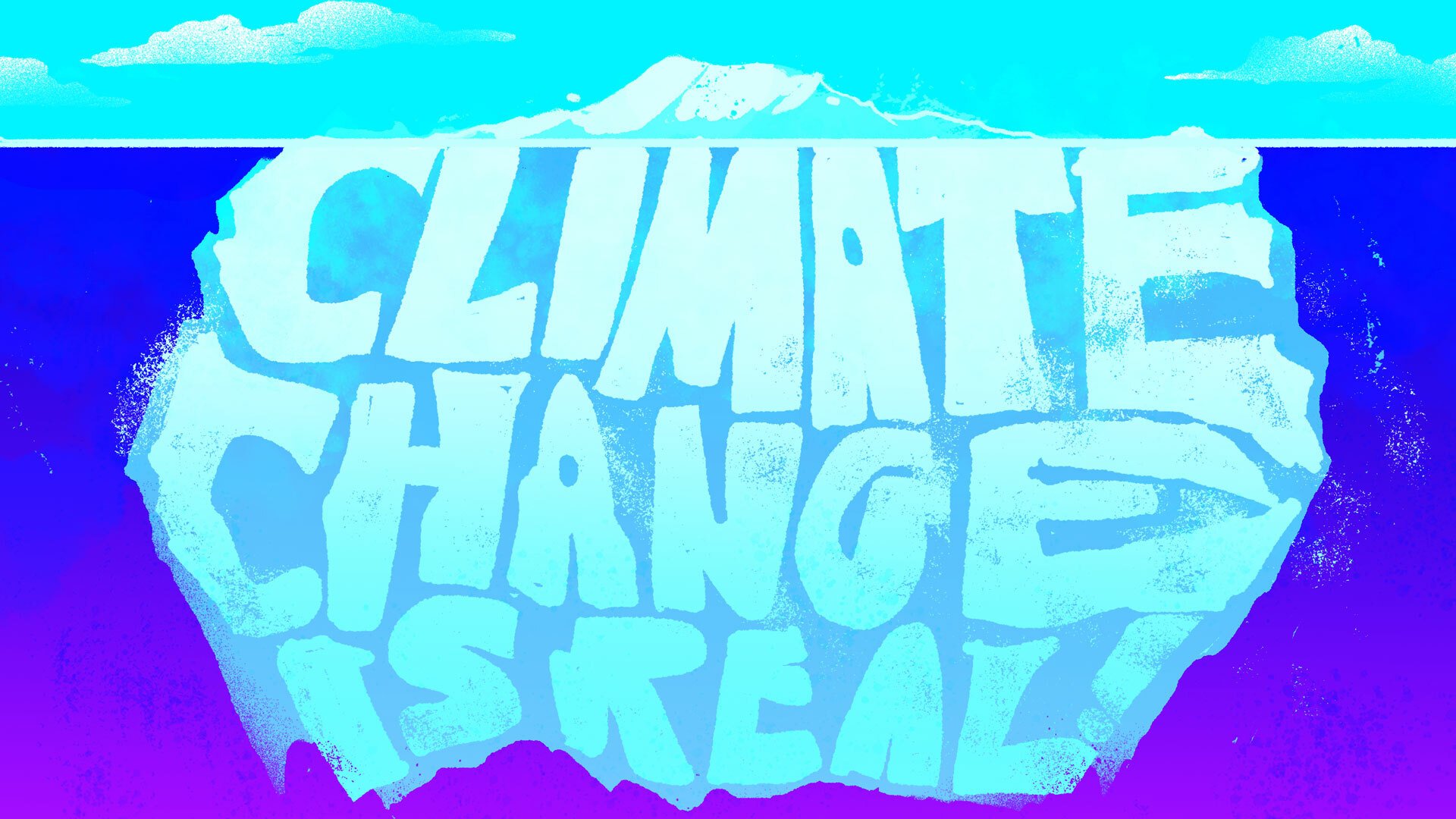Why your favourite wellness influencer might be pivoting to climate denialism

As the United Nations’ 28th Climate Conference (COP28) fills our newsfeeds, you might see an uptick in influencers talking about the climate crisis. The question won’t so much be about whether influencers will be talking about it or not, but rather how, and how accurately.
A British think tank has looked into how popular wellness influencers on Instagram — some of whom already have a history spreading health misinformation — may be just as capable of pushing climate misinformation, too.
The Institute of Strategic Dialogue, which dedicates itself to counter-extremism research, has conducted an analysis of 154 lifestyle and wellness influencers on Instagram who endorsed a theme they have called “conspirituality”. This is a concept that has existed for over a decade; in 2011, academics Charlotte War and David Voas defined it as the synthesis of the male-dominated realm of conspiracy theory meeting the female-dominated New Age movement. 12 years ago they called it a “rapidly growing web movement” in which followers not only believed that a secret group is covertly controlling political and social order, but that humanity is undergoing a ‘paradigm shift’ in consciousness.
Want more science and tech news delivered straight to your inbox? Sign up for Mashable’s Light Speed newsletter today.
Beginning with 30 ‘seed’ accounts they located using this kind of academic research, the ISD used data analytics tools to find the accounts that had been most frequently mentioned by the ‘seeders’ in the last year, adding those who met their definition of wellness and New Age influencers promoting conspirituality to their list; they had explicitly offered health, lifestyle or wellness advice, sell related products, and promoted some form health-related misinformation.
The content that the analysts found was varied, from what may be more concretely described as New Age — esoteric accounts celebrating astrology, hypnotism, crystal healing — to yoga instructors and bodybuilders, nutritional therapists and wellness bloggers. Those sceptical of modern medicine were also spotted, including ‘free-birthers’ who want to ignore doctors’ advice in order to promote their view of ‘natural motherhood’ to accounts that were firmly anti-vaccine.
Some of the core ideas that emerged from their posts included the outright rejection of climate change or the human influence on it…
Climate mis- and disinformation proliferated amongst the 154 accounts, all of which had varying follower counts from the thousands to hundreds of thousands. Some of the core ideas that emerged from their posts included the outright rejection of climate change, or the human influence on it, as well as direct attacks on policies attempting to mitigate or adapt to the climate crisis, or decarbonisation.
“Most of the accounts mentioned in our study have over 10,000 followers and many over 100,000 followers,” Cecile Simmons, the study’s lead analyst, told Mashable. But she pointed out that the nano-influencers also caught in the net were highly concerning. “Some research has shown that nano-influencers can generate higher engagement level rates than bigger influencers and build trusted relationships with their audiences, projecting an image of authenticity and accessibility.
“This is particularly true of the wellness and New Age world — in worlds like yoga and meditation, there is a relationship of trust between teacher and students and charismatic New Age influencers – even with smaller followings – can influence beliefs on the topics they talk about and their audiences’ response to climate policies, potentially eroding trust in climate policies.”
Mariah Wellman, assistant professor in the department of communication at the University of Illinois, researches influence and wellness and said, “To me, unfortunately, this study is not surprising. The findings align closely to what I’m seeing in my own research, especially in the context of the United States and the United Kingdom.” She added that regulation and even legislation may be required to deter influencers from spreading misinformation.
One case study that the ISD spotlights in their new report is by someone who identifies as a family nurse practitioner with over 340,000 social media followers. In one post, she discusses women who have a nutrient deficiency, and then states: “This is partly because so many praise a vegan or vegetarian diet,” before adding “we can all agree that the agenda is to have you believe that meat is bad for you and you’re a better person if you’re vegan.”
The ISD identified more than one ‘carnivore influencer’ in its pool who promoted vegetarianism or veganism as unhealthy, and who instead erroneously portray a meat-only attitude as the most sustainable or healthy way a person can eat.
Another case study, with over 36,000 followers, posted that the government can’t solve homelessness or child sex trafficking, but could “change the earth temperature if we all pay more taxes.” One can easily see the meme potential in that post, if you ignored its entire flattening of discourse and oversimplification of three enormous societal problems.
“It is easier to scare followers into thinking that there is a specific evil force that leaves with mysteries around the world. It is not good.”
Isaias Hernandez, an environmental educator who creates content tackling the climate crisis under the moniker @queerbrownvegan, told Mashable that many of the influencers spreading misinformation are heavily disconnected from the grassroots communities fighting on the frontlines of climate change. “Many of these wellness influencers and people who perpetuate climate change know that our public resources as citizens have been failing the people for decades and rather than talking about capitalism, colonialism, or racism playing a huge role in the climate crisis, it is easier to scare followers into thinking that there is a specific evil force that leaves with mysteries around the world. It is not good.”
The ISD report ends with an ominous warning that as the impacts of climate change become more visible, “people will turn to ‘alternate’ explanations over verified data” and that there is a pressing need to “inoculate and debunk against conspiratorial content.” It adds that “the specifics of language and narratives highlights how automated content moderation may be insufficient, or broadly ill-equipped, to tackle climate change misinformation at a platform level.”
Hernandez agrees, and pointed out that short posts aren’t ever going to illustrate the complexity of the climate crisis, nor the solutions to it. “Being able to have peer-to-peer discussions on social media is essential. However, it becomes dangerous when you only use binary statements to make your community accept it for what it is without providing any science, data, or information.
“If we do not find more effective ways to communicate and to call out misinformation happening online, it can get worse in upcoming years.
